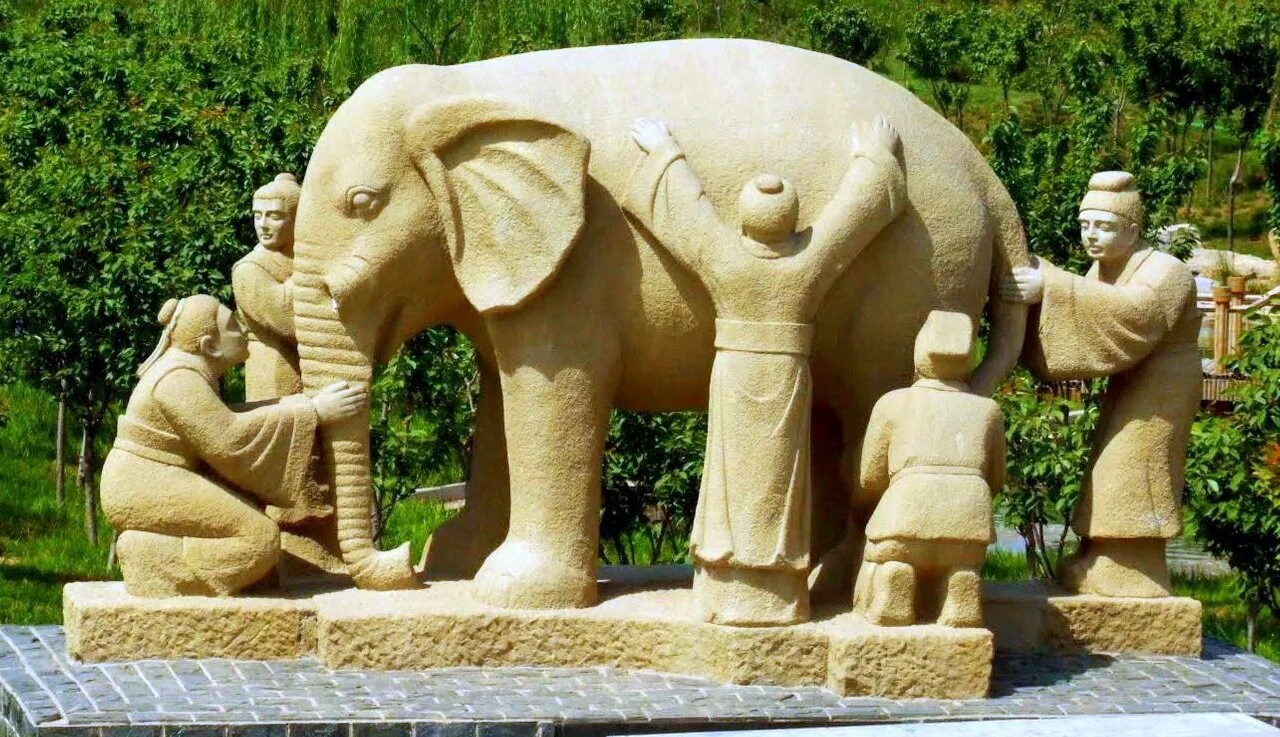As the value of cognitive diversity becomes more recognised, what is striking is how slow we have been to realise the need to revise our habitual ways of consuming information and interacting with those who hold contrary views. Whilst pioneers who think different are celebrated in modern western culture, in reality we are far less amenable to entertaining disagreement and diverging ideas. In the professional and academic realm we are quick to follow an authority and align with a school of thought. The hordes are likewise quick to leap into the breach to defend the doctrine against perceived challenge or dissenting views. If anything debates in all circles are increasingly polarised, as the assembled masses flock to either one side or the other. We might appreciate cognitive diversity on a conceptual level, but on a practical level we are clearly not there yet. So what steps can we take to enjoy the benefits of cognitive diversity and open our minds to the possibilities as we form our opinions?
Clues for Successful Youth Sports Parenting
Parents play a vital role in supporting their child to participate in youth sport. Parents are quite literally the driver, providing both the opportunity and transportation. Youth sports parenting is a full time job in itself, demanding considerable investment in terms of both money and time. It is parental support that affords kids the opportunity to participate and derive the myriad benefits associated with youth sports, which span athletic, health, scholastic, and life skill realms. Naturally, parents are invested in their child’s youth sports participation, and this investment often leads to increasing involvement. Yet despite the best intentions there are adverse consequences when parental involvement or intervention becomes excessive. In this Informed Blog post we unravel the complexity and challenges of being the parent of a youth sports athlete, and attempt to offer some clues to help guide parents to walk this fine line at different phases in the youth sports journey.
A Wake Up Call on Sleep
Sleep is essential to sustaining life. Yet the majority of us are casually dismissive when it comes to sleep. We routinely deny ourselves this most critical sustenance of our own volition. The attitudes towards sleep among high performing individuals in different realms and society in general are quite baffling. We also largely fail to make the connection between the reckless lack of care and attention we give to our sleep and the dizzying array of consequences that inevitably follow. Objectively this behaviour is bizarre, and our failure to prioritise sleep defies logic. With this latest Informed Blog we explore the myriad ways you lose when you don’t snooze sufficiently.
Perils of Binary Thinking and Polarised Debates
For a practitioner who spends any time on social media it is easy to get the sense we are in the death throes of informed debate. Authorities (often self-proclaimed) seem to constantly spew forth evangelical proclamations, push their ideology and promote others who espouse their doctrine, and decry those who express contrary views. Sadly, it appears there are no shortage of young zealots eager to answer the call to join the modern crusades conducted on a social media battlefield. In this post we will explore the trend for binary thinking and polarised arguments that fuels the tribalism we see on these platforms, and how this is increasingly creeping into sports science and medicine circles. We will then attempt to plot a path back from the edge of the abyss, and bridge the divide between factions to allow us to return to real debate.
Rejecting the Industry
Practitioners across different domains will be familiar with their field of practice being referred to as an 'industry'. We frequently hear mention of the strength and conditioning industry, the sports physiotherapy industry, even the sports coaching industry. In this post we consider these trends for terming our professions in this way, and explore why an 'industry approach' might be problematic. From these discussions we can attempt to plot a path back to cultivating our craft, and restoring pride in our chosen profession by rejecting this ‘industry’ mindset.
Ego is the Enemy of Discovery and Progress
It is a common viewpoint that ego stunts personal growth, and most would agree that ego undermines our effectiveness as coaches and practitioners. What is less often considered is that unconstrained ego similarly obstructs progress and discovery in the areas of scientific study that exist to inform practice. At present the respective disciplines encompassed within coaching science, sports science and sports medicine are plagued with these difficulties. Einstein famously quoted to the effect that ego has an inverse relationship to knowledge – “more the knowledge, lesser the ego; lesser the knowledge, more the ego”. Yet researchers in the fields of sports science and sports medicine are showing themselves to be particularly prone to ego and the excesses associated with it. In this post we tackle the issue of ego in sports science and sport medicine, and attempt to plot a path back to sanity.
Nuance - The Path to Enlightenment in Athletic Preparation
Nuance is an under recognised keystone of practice in elite sport. We have spoken previously about critical thinking as a critical skill for coaches and practitioners in the Information Age, as a means to evaluate and integrate information from different sources. Nuanced understanding is critical for the steps that follow. Nuance is required to derive real meaning from the knowledge acquired and make use of it. Nuance is also critical to cope with the complexity inherent in human performance. In this post we will make the case for practicing nuance as an active skill in order to combat the epidemics of superficial knowledge and binary thinking.











